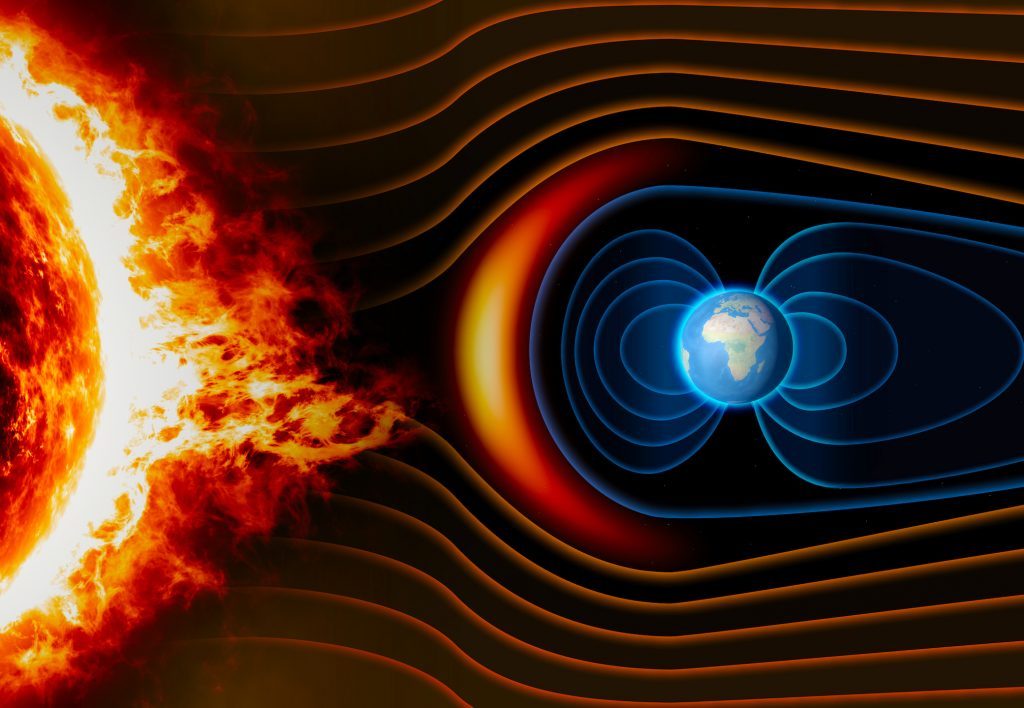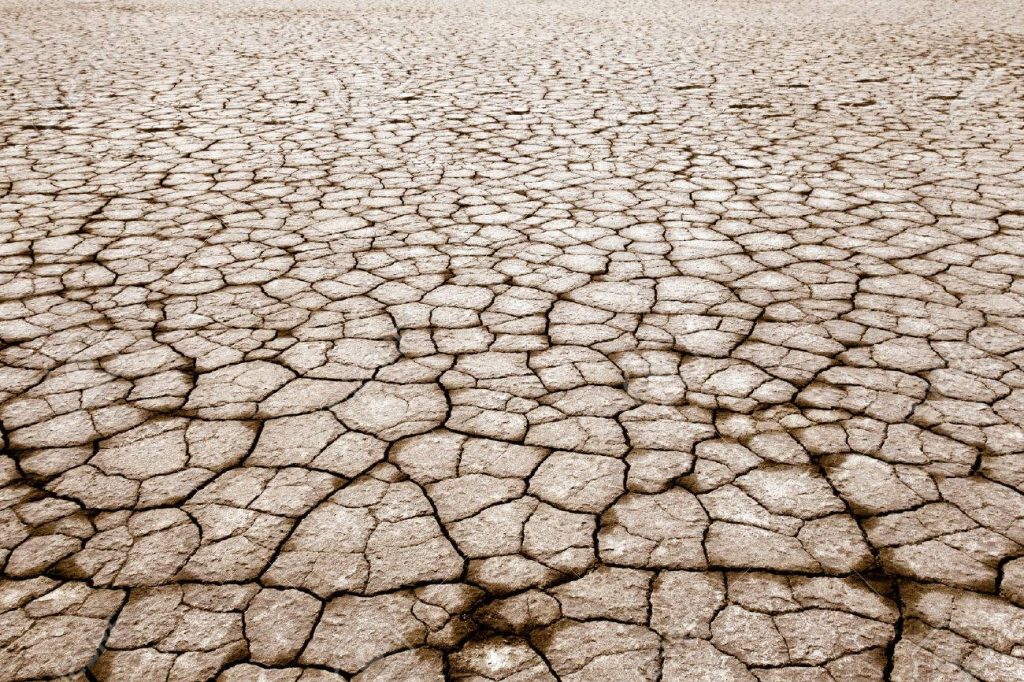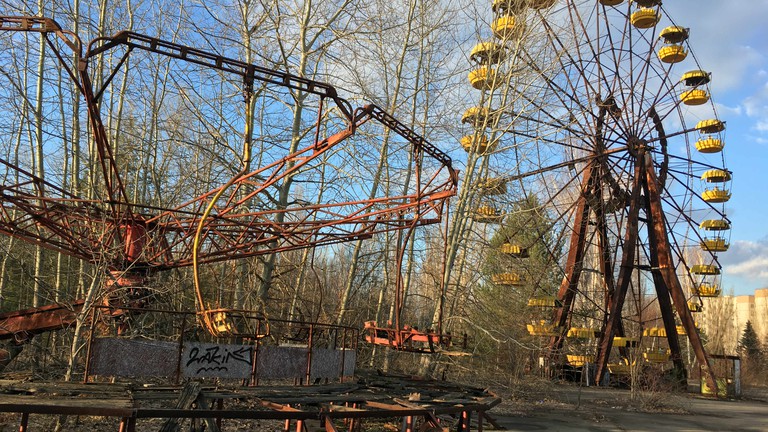Why Doesn’t Earth Dry Up?
In truth, Earth is slowly losing its atmosphere to the solar winds, but it is very limited. We still have several million, if not billions of years, before the atmosphere is too thin to support liquid water. This slower attrition is due to Earth’s magnetosphere. The magnetosphere is a magnetic field that surrounds the entire planet and protects it. This is also responsible for the Northern and Southern Lights.

Solar Winds
What Does This Have to Do with Mars?
You may be asking, what does any of this have to do with Mars? Don’t worry; we are getting there. Mars is far more susceptible to solar winds than Earth because it lacks a magnetosphere. At some point in the planet’s past, scientists are not sure when the core of the planet stopped being active. This caused the magnetosphere to disappear, and it is likely that all water and air on the planet were gone within 100 years.

It Wouldn’t Take Much For Earth To Reach This Point
Radiation Lasts a Long Time
Radiation is not a joke. It can last for hundreds, if not thousands, of years and is very destructive. Observations from the Chernobyl Exclusion Zone have shown that nature is fairly resistant to radiation, but humans are not. Most plants and animals can withstand significantly more radiation than humans. We are also more susceptible to mutations caused by radiation than other species. In addition to radiation, nuclear waste is also a major problem that can take thousands of years to degrade.

Human Habitation Is Still Banned







